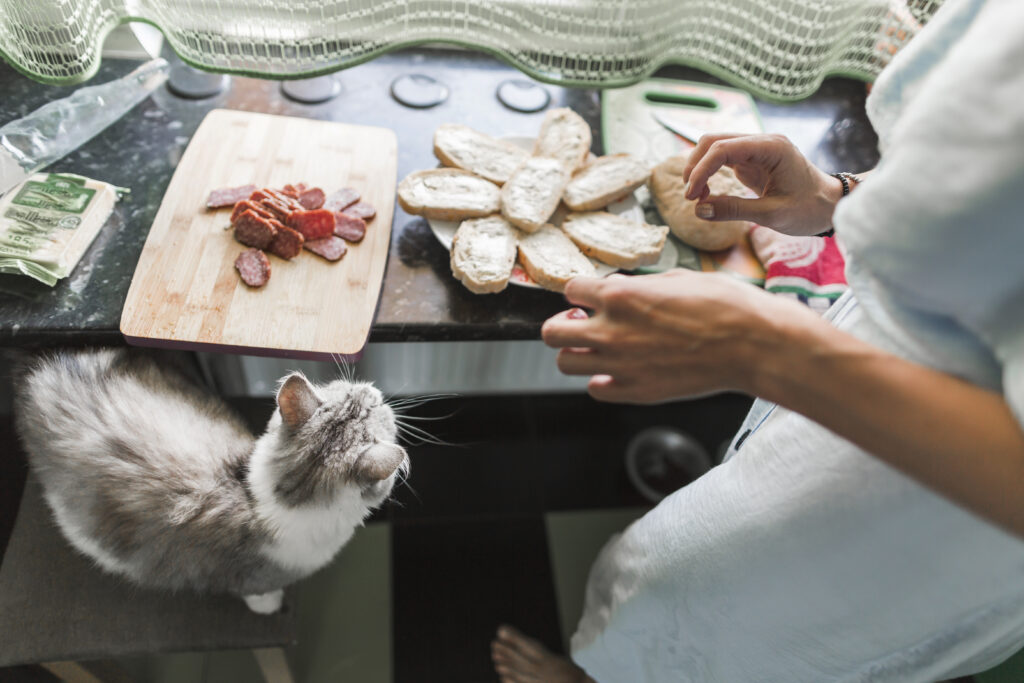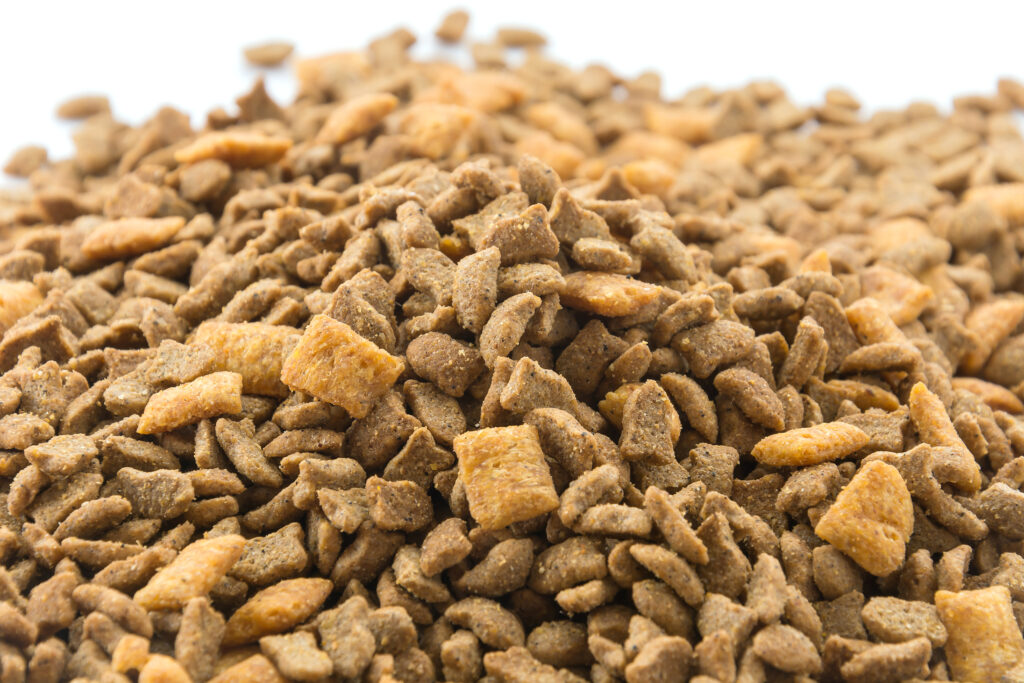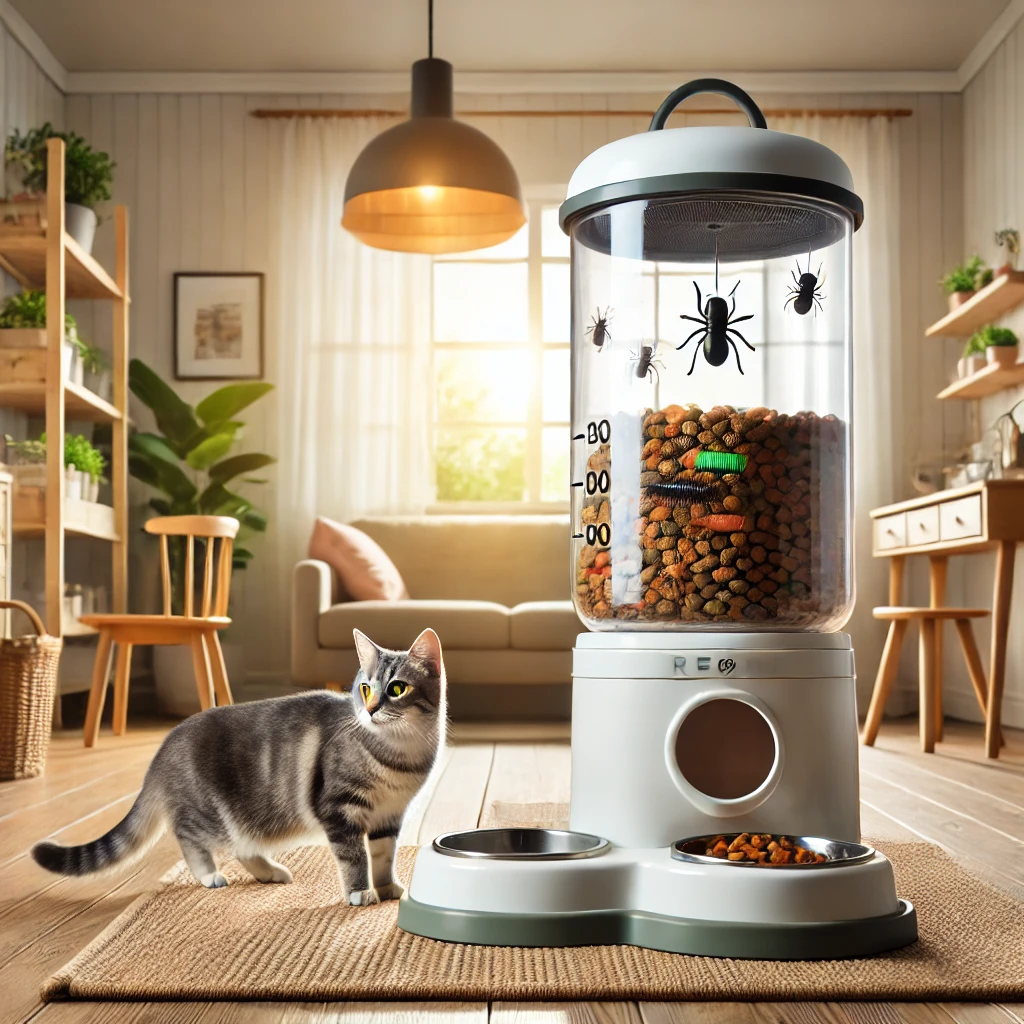
Welcome to my blog; let’s learn How long cat food allergies can go away. Our beloved cats, which we love to keep in our home, suffer from allergies or get sick when red spots appear on their bodies and they suffer from indigestion. Those who have them do not know which foods they are allergic to. But there is no need to panic; with proper care and time, cats can be saved from this disease.
Be that as it may, the issue is, when will the feline’s sensitivity disappear? The sensitivity issue disappears; however, it just happens in one percent of felines. Felines can foster sensitivity issues at whatever stage in life, regardless of whether they have been eating the nourishment for a really long time. While intriguing, influencing 1% of all felines, these sensitivities can be created at any phase of life, regardless of whether your feline has been eating similar nourishment for a really long time.
Also, how long will it require? We should be aware exhaustively what food gives the feline energy and how long it takes for it to improve. What alternate ways are there to take care of business?
- Beef
- Fish
- Chicken
- Wheat
- Corn
- Dairy
- Lamb
- Egg
- Barley
- Rabbit
Common allergens include:
Methods Long for cat food allergies to go away: Step by Step
Proper diagnosis is key to managing long for cat food allergies to go away. The gold standard for diagnosis is an elimination diet trial, which involves:
- Hypoallergenic Diet Trial (8-12 Weeks): Feed your cat a novel or hydrolyzed protein diet with no previous allergens.
- Side effect assessment: observing the feline for development in skin condition, assimilation, and general wellbeing.
- Once again introducing the old eating routine: Food sensitivity is affirmed if side effects return when you once again introduce the old eating routine.
- Avoiding Other Causes: Insects Environmental Allergic Reactions, and Diseases Should Be Considered Before Treating a Food Allergy
Note: Blood tests are not reliable for diagnosing food allergies in cats.
Treatment and Management long for cat food allergies to go away
Managing food allergies requires lifelong dietary control and ongoing monitoring.
- Strict Dietary Elimination: Avoiding the allergens identified in the food trial.
- Prescription Diets: Recommended for accuracy and quality control in food trials.
- Symptomatic Treatment: Low-dose corticosteroids may help with severe itching or inflammation.
- Monitoring & Adjustments: Customary vet check-ups to guarantee the picked diet is working.
How long do cat food allergies take to go away?
The resolution of food allergy symptoms depends on sticking to a strict hypoallergenic diet.
- Initial Symptom Relief: 2-4 weeks after starting a hypoallergenic diet.
- Significant Improvement: In 6–8 weeks, skin irritation and digestive issues should improve.
- Full Recovery: Full symptom resolution may take 10–12 weeks.
Food for Cats with Food AllergiesIf your cat has food allergies:
- proteins your cat has never been exposed to, reducing allergic reactions.
- Hydrolyzed Protein Diets: Proteins broken down into small particles are less likely to trigger an immune response.
- Limited Ingredient Diets: Minimal ingredients to reduce the risk of allergies.
How long for Cat Food Allergies to Go Away
If your cat is on a hypoallergenic diet and avoiding allergens:
- Symptoms improve within 2-4 weeks.
- 10 weeks for full symptom resolution.
- 12 weeks if symptoms persist, other causes should be investigated.
Working with Your Veterinarian
A veterinarian plays a key role in diagnosing and managing cat food allergies. Here’s how they can help:
- Selecting the Right Diet: Recommending a suitable hypoallergenic or hydrolyzed food.
- Monitoring Symptoms: Assessing improvements and making necessary dietary adjustments.
- Preventing Future Reactions: Guiding you on maintaining an allergen-free diet for your cat.
Effective Solutions for Cat Food Allergies
Figuring out the Term of Feline Food Sensitivity Side Effects
Feline food sensitivity side effects can endure anywhere from a couple of days to half a month, contingent upon the seriousness of the response and how quickly the allergen is removed from the cat’s eating schedule. Normal signs incorporate tingling, skin aggravation, spewing, and stomach-related issues.
Expecting that your cat is defenseless to a fix, incidental effects could persevere until the allergen is discarded from their system. Changing to a hypoallergenic diet or restricted fixing foods can assist with accelerating recuperation.
Continuously counsel a vet to recognize the specific reason and guarantee legitimate treatment. Ordinary perception and a fair eating routine Take on a key role in regulating food-responsive qualities and keeping your catlike friend happy and sound.
Severe Eating Routine Adherence: Guaranteeing no openness to allergens, including treats and table pieces. Progressive food evolution: Familiarizing new weight control designs progressively to thwart stomach-related disturbances.
Legitimate Sustenance Equilibrium: Counsel your vet to guarantee fundamental supplements are incorporated.
Recovery Process for Cats After Allergic Reactions
Antihistamines or corticosteroids can provide temporary relief to the cat to provide immediate relief and reduce the severity of the pain.
The most effective way is to give a hypoallergenic diet food. Ecological control To safeguard your feline from sensitivity, keep the climate spotless and where you feed the cat. Keep the felines clean and microorganism-free. Then, at that point, your felines will be protected from sensitivities and different infections.
Conclusion
Feline sensitivities are conceivable with a reliable eating routine and direction from a decent vet.
On the off chance that a feline is very really liked, she can carry on with a sound life regardless of whether her eating routine is confined.
In the event that a feline is susceptible to any food, an eating routine ought to be embraced to shield the feline from sensitivities, and assuming you realize that the feline will be oversensitive to that food, you shouldn’t give that food to it all things considered. Give your feline a hypoallergenic diet and take great consideration of it. In the event that your feline has food sensitivities, counsel a specialist

